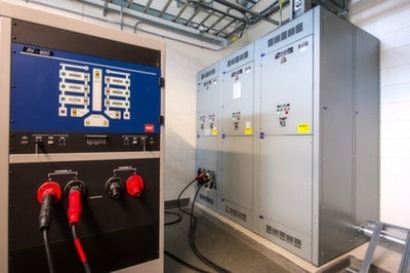
The company co-owns the patent application for the technology with the University of California at Santa Barbara (UCSB). It is currently funding a sponsored research programme to further its development. The lead inventors of the technology are UCSB professor Dr. Alan Heeger, the recipient of a Nobel Prize in 2000 for the discovery and development of conductive polymers, and Dr. David Vonlanthen, a post-doctoral researcher at UCSB.
NPD Solarbuzz has predicted the solar PV industry to experience rapid growth over the next five years with up to 100GW of annual installations, growing to $50 billion per year of PV module revenue by 2018. However, given that the sun does not shine at night, users will switch back to electricity grids during the evening hours, thereby causing sudden spikes in power demand on the grid and creating havoc for local power companies given that grids are not designed to respond to rapid demand changes. A solution to this is the development of efficient solar energy storage systems that can be charged and discharged rapidly.
“Existing battery technologies, such as lithium-ion batteries, are good for longer-term energy storage, but cannot be charged or discharged rapidly” said Dr David Lee, CEO of BioSolar. “This limits the use of batteries to power backup applications. Supercapacitors, on the other hand, can be charged and discharged hundreds of times faster than batteries. Unfortunately, conventional supercapacitors are very expensive and store less energy.”
Mr Lee added added that the company’s new BioSuperCap is designed to be a low cost and high energy supercapacitor which can be integrated as the front-end to battery banks. This means that fewer batteries are necessary and daytime solar energy can be quickly and cost-effectively stored for nighttime use at a substantially lower cost. This potentially game-changing technology should enable users of solar energy systems to reduce their dependence or go completely off the electric utility power grid.
For additional information:

